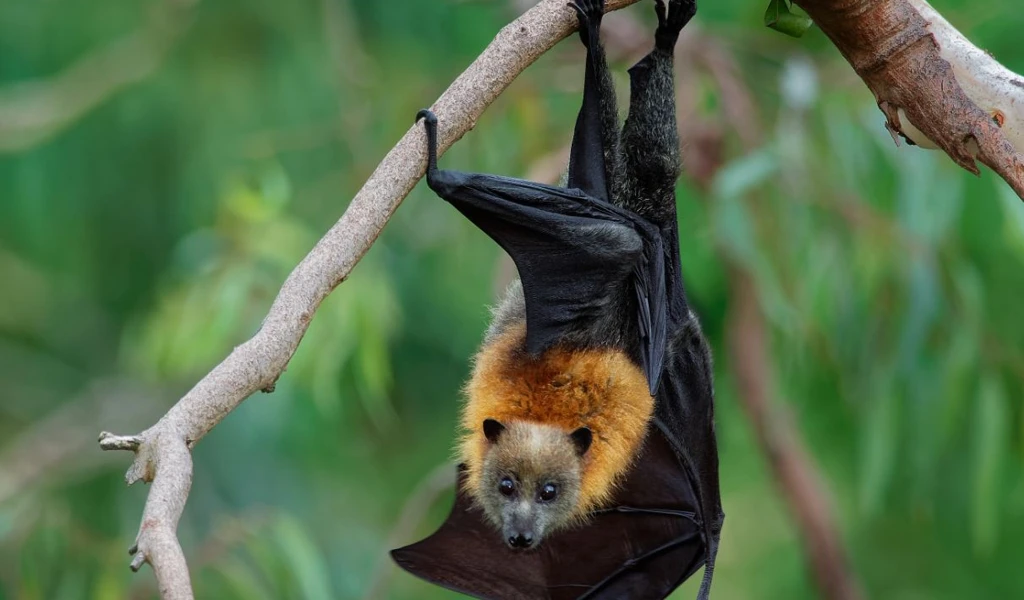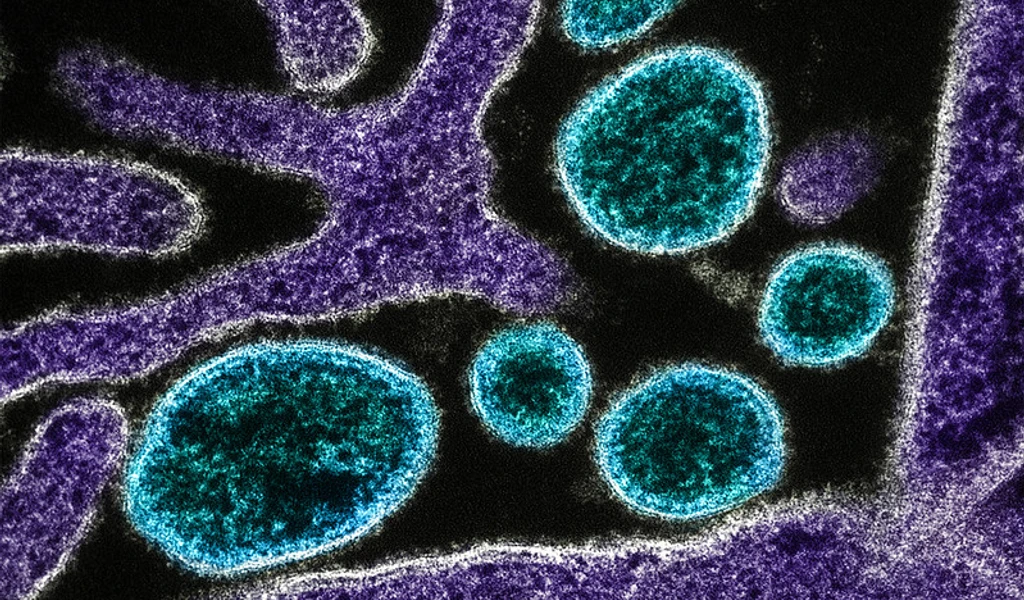The woman who helped to stop an Ebola epidemic in Nigeria
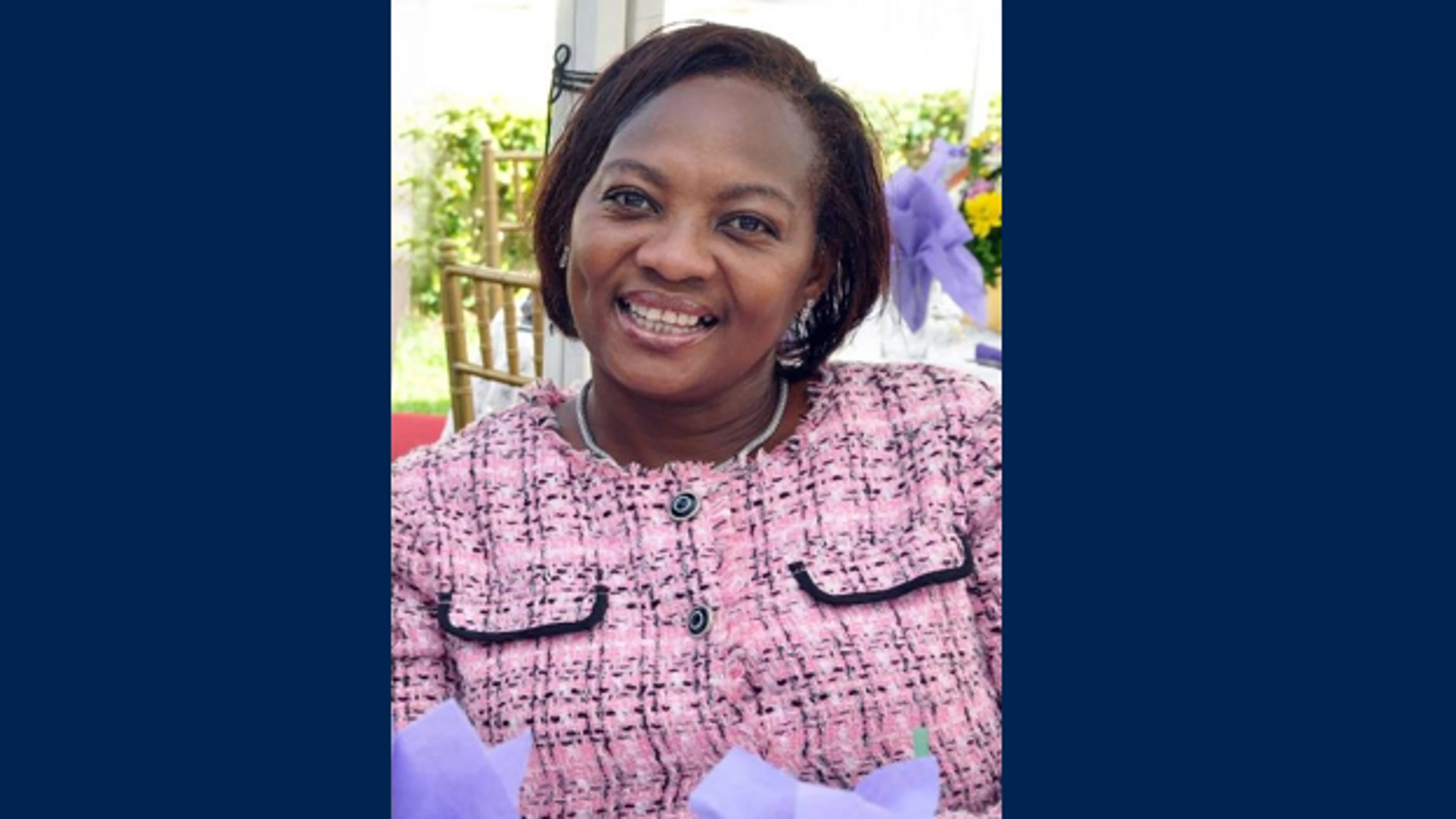
Share
From 2014 to 2016, West Africa experienced the largest ever outbreak of Ebola. , it quickly spread to neighbouring countries, Liberia and Sierra Leone. The disease rapidly became the deadliest outbreak of the virus since its discovery in 1976 — in total were reported, resulting in the deaths of over 11,000 people and an .
The rapid spread of Ebola across West Africa, exposed our vulnerability to epidemic diseases and their potential to spread across borders. However, thanks to the heroic work of Dr Ameyo Stella Adadevoh and others, Nigeria - Africa's most populous country and biggest economy — steered clear of what could have been a very serious and destructive outbreak. Tragically, in doing so, Dr Adadevoh and several healthcare workers in the hospital where she worked, lost their lives to the deadly disease.
Today, Dr Adadevoh's niece, Niniola Soleye, is continuing her aunt's legacy, through , a public health organisation working with communities and health-workers in Nigeria to improve hygiene and sanitation.
We spoke to Niniola, to find out more about her Aunt's work and to discover how DRASA is working to ensure that Nigeria is best prepared for future outbreaks of infectious diseases.
Who was Dr Ameyo Stella Adadevoh?
Dr. Ameyo Stella Adadevoh graduated from the College of Medicine of the University of Lagos as a medical doctor in 1980. After completing a fellowship in endocrinology in London in 1993, she returned to Lagos, Nigeria, and joined First Consultants Medical Center (FCMC). She worked there as the lead consultant physician and endocrinologist for 21 years.
She thoroughly loved being a doctor—it was no doubt her passion—and she often worked 7 days a week by choice! She's one of the only doctors I know who treated entire families - from the grandparents all the way down to the grandchildren. She was invested in all her patients and they loved her for it. She was also a big believer in continuous education and frequently attended medical conferences and seminars.
Dr. Adadevoh was a very vibrant, lovable, kind person and enjoyed spending time with her family and friends. She enjoyed reading, travelling, listening to music, watching movies, and attending live shows.
How did Dr Adadevoh come to play such an integral role in preventing an Ebola outbreak in Nigeria in 2014?
On what seemed to be a regular Monday morning in July, 2014, Dr. Adadevoh went to work and while conducting her usual ward round, she saw a patient who had recently flown into the country from Liberia. He had been admitted the day before for malaria.
When Dr. Adadevoh saw him for the first time she immediately suspected he had Ebola and not malaria. At the time, Ebola was not in Nigeria and she had never seen the disease before but her clinical diagnosis was correct. Ebola was confirmed and the patient died in the hospital a few days later.
Her accurate and quick diagnosis of the patient enabled the Nigerian Government to quickly mobilise resources. Altogether, 20 Ebola cases in Nigeria were traced to a single path of transmission originating with the patient who took the flight from Liberia to Lagos.
Despite threats and tremendous pressure, her refusal to discharge the patient meant that Dr Adadevoh is widely praised for preventing the spread of Ebola in Nigeria. She and her team set off what ended up being Nigeria's Ebola containment success story, helping to save the country from what could have been a very serious and devastating outbreak.
Sadly, in their incredible fight against the disease, eleven hospital staff went on to catch the deadly virus.
This included Dr Adadevoh. On 19 August 2014, my Aunt lost her life to the dreadful virus; the very one that she had saved Nigeria from.
How did you continue her fight?
After we lost my Aunt, we knew, as a family, that we wanted to do something. Not just something to honour her, but something that would have a lasting impact on Nigeria's preparedness for future outbreaks and help save lives. And that's how Dr. Ameyo Stella Adadevoh (DRASA) Health Trust was born.
Since she was such a passionate doctor, we decided to channel our pain into continuing her legacy of saving lives through DRASA's mission: "To keep people healthy and safe from public health threats by improving hygiene and sanitation, advancing infection prevention and control, and promoting outbreak preparedness."
We launched in Nigeria in 2015 and have been working away ever since.
What are some of the main projects that DRASA is working on?
The majority of our work falls into two areas: community work and healthsector strengthening for outbreak preparedness. When we first started we were only focussed on healthsector strengthening, but we quickly realised that it wasn't enough. If we don't drive behaviour change from the community level up, we cannot adequately prepare for future outbreaks.
On the community side, we have two main programmes. The first is a Youth Ambassador program where we create and manage Health and Hygiene Clubs in secondary schools with the objective of developing and empowering youth to drive positive health and hygiene-related behaviour changes in their schools, families, and wider communities.
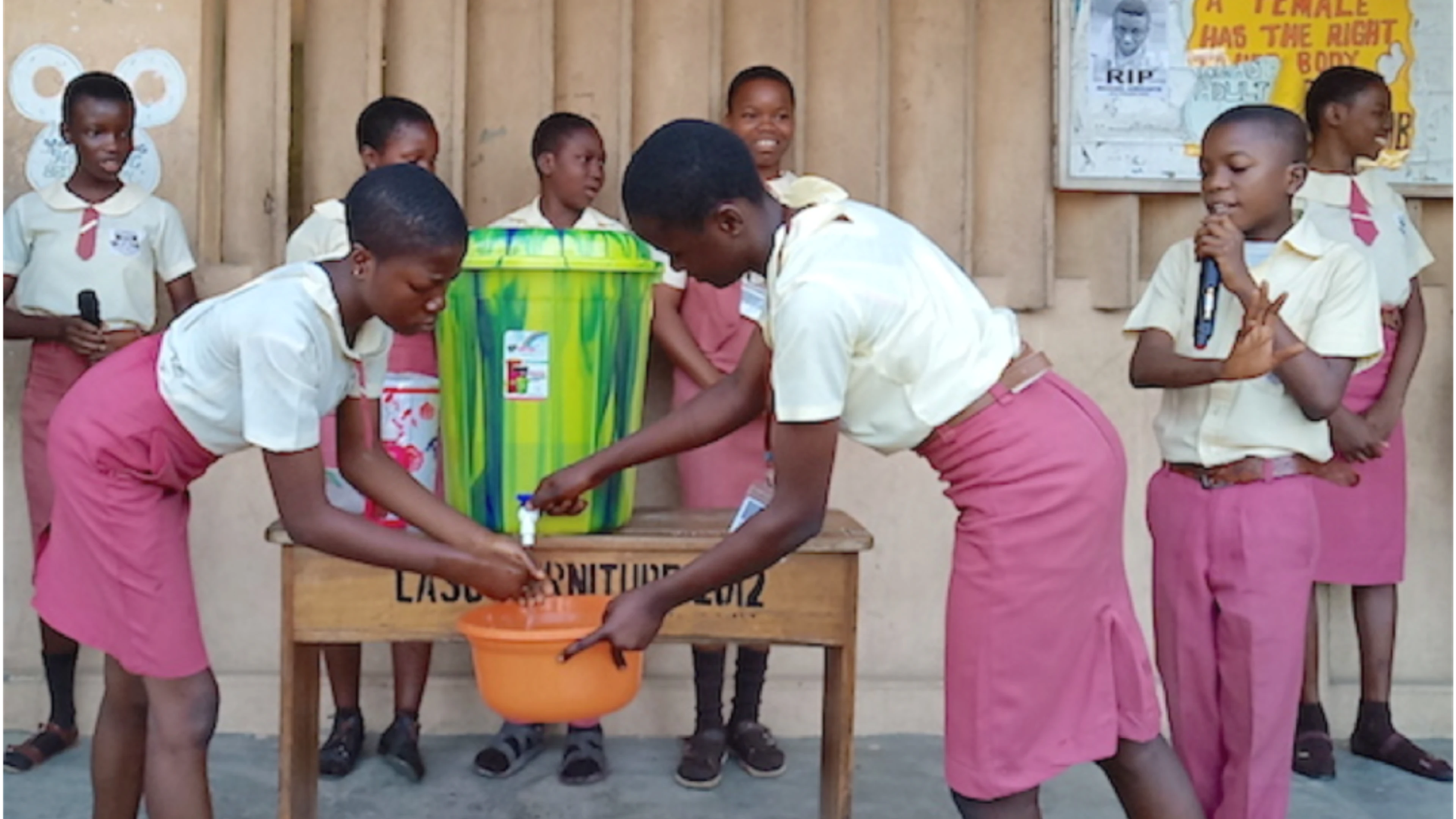
The Dr Ameyo Stella Adadevoh (DRASA) Health Trust Youth Ambassador Programme in Nigeria
We've been running this program in one of the states in Nigeria for 2 years now and it's been a great success. Our Youth Ambassadors are dedicated, diligent, and full of energy! They are ready to see change in their communities.
We also conduct community health interventions for vulnerable populations focussed on topics such as hand washing and personal hygiene, environmental sanitation, and food safety. The goal is to engage low-resource and densely populated communities to promote healthy living and teach important health behaviours such as seeking professional help and not self-medicating.
Within the health sector, we work with Nigerian stakeholders at the facility, state, and federal levels to build capacity in infection prevention and control and outbreak preparedness among the health workforce. That involves conducting trainings and simulations to ensure our healthcare workforce is prepared and confident enough to manage the next deadly pathogen that may come their way.
Where do you see DRASA going next?
Across the African continent! Though we were founded in Nigeria, the gaps we're filling and the work we're doing has serious relevance for other African countries. Nigeria's challenges are not much different from those of our neighbors and we know that bacteria and viruses do not need visas to travel, so only focussing within our borders does not help us truly achieve our mission. That's the whole basis of the global health security agenda.
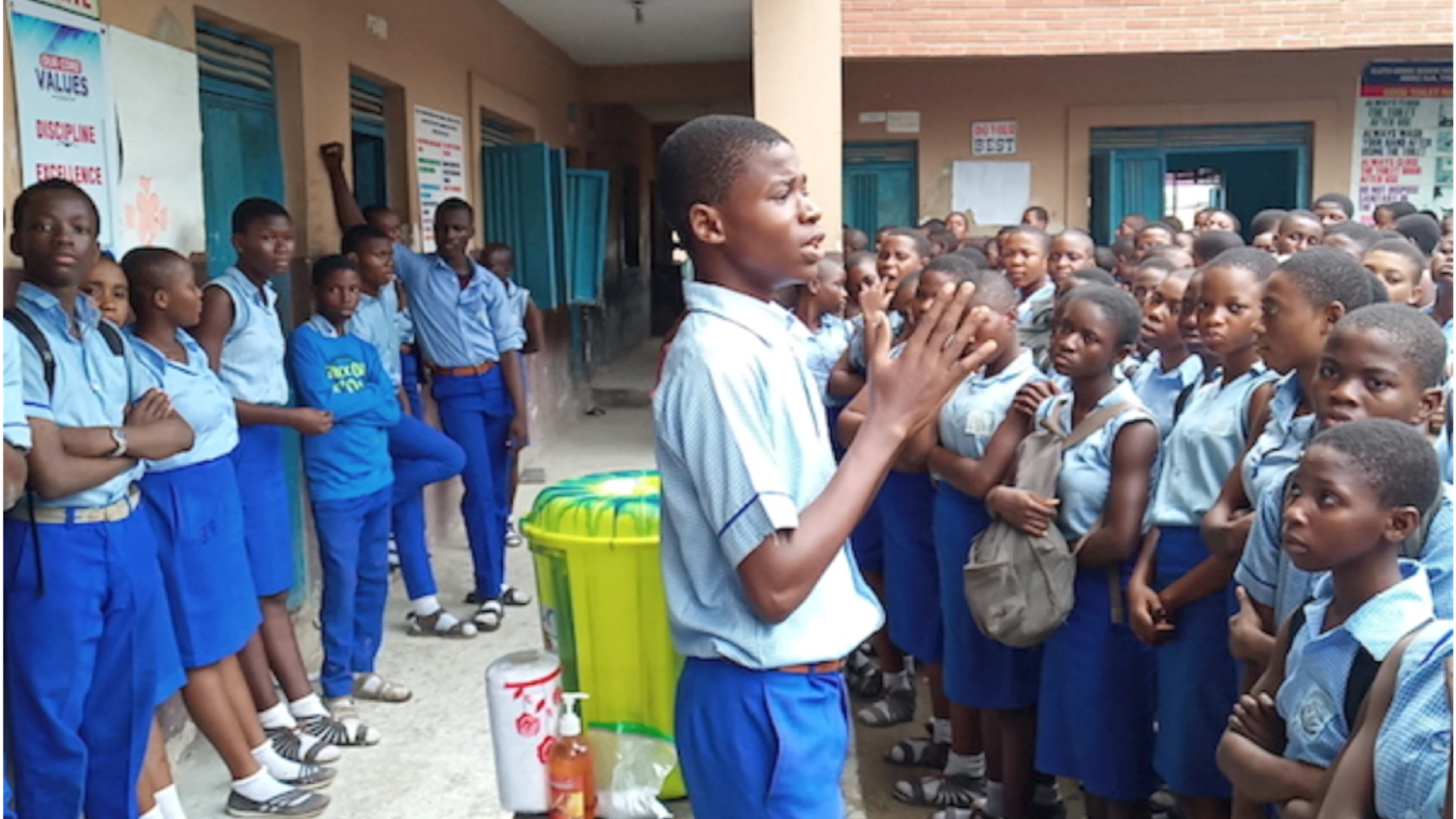
The Dr Ameyo Stella Adadevoh (DRASA) Health Trust Youth Ambassador Programme in Nigeria
But for now, DRASA will continue to work hard to help ensure Nigerians are safe and healthy, and prepared for future outbreaks. Most of our work is based in Lagos and though we've done work in other parts of the country, we currently plan to scale our operations across Nigeria first. Then beyond.
How we can ensure Dr Adadevoh's story lives on and helps to prevent the next big epidemic?
Dr Adadevoh's story proves the power of the individual. She was someone who simply did her job to the best of her ability and saved countless lives. That's what we want everyone to take away from this.
We want to continue telling her story in the hopes of instilling this belief in future generations who may be too young to know or understand what happened in Nigeria's 2014 Ebola outbreak.
But specifically, we want to make sure infection prevention and control becoming a way of life in all health facilities. There's nothing like a true life story to illustrate a scientific concept and drive behaviour change in hospitals and further afield.
We need support to keep Dr. Adadevoh's story alive and continue our work with DRASA which is why I'm so happy to have this opportunity to share her story through łÉČËVRĘÓƵ.
Niniola Soleye is Managing Director of the Dr Ameyo Stella Adadevoh (DRASA) Health Trust.
You can find out more about DRASA .
